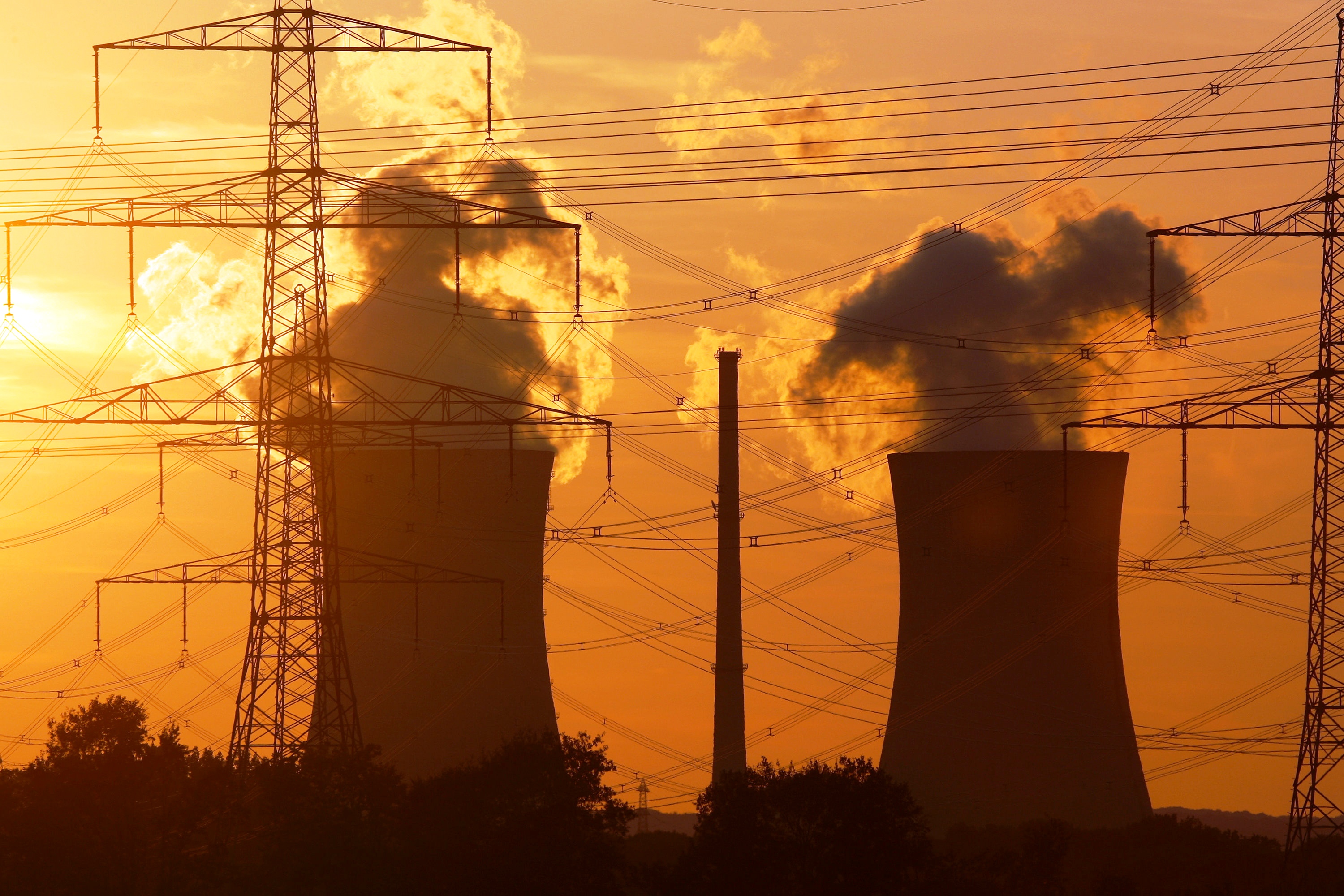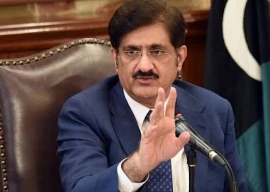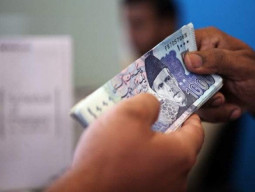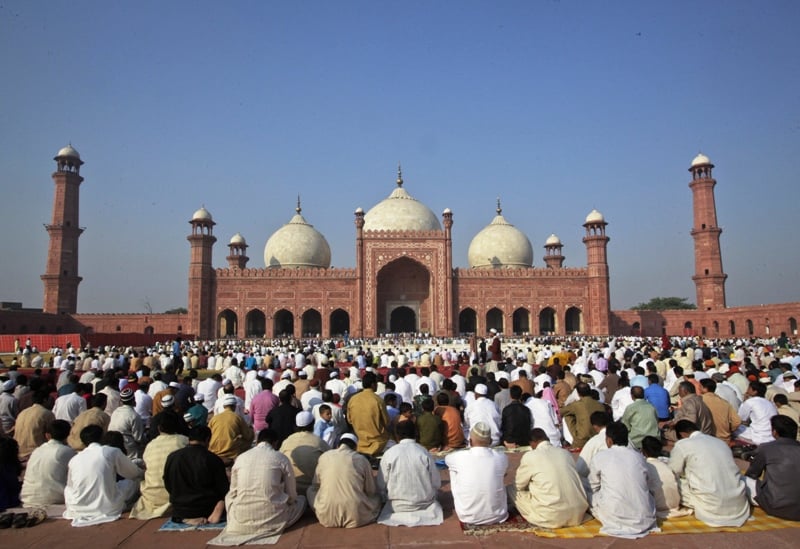
The top economic decision making body of the country has finally made an operational decision in the effort to tackle the deteriorating energy crisis – and a major one at that.
The cash-strapped government decided on Tuesday to hand over management of power generation companies to the private sector for a period of ten years – a move that may result in additional availability of 1,243 megawatts of electricity and savings of Rs82 billion this year alone.
The Economic Coordination Committee of the Cabinet approved a broad framework for signing operational and maintenance contracts with the private sector for a period of ten years, said Finance Secretary Dr Waqar Masood.
The move is meant to regain lost capacity of these power plants that would not only ensure additional power supply but also reduce the burden of subsidies on the exchequer.
Run, but don’t fire
“The government has neither the resources nor the capacity to upgrade these plants, and has therefore decided to sign contracts with the private sector, which is well-equipped for the task,” said Masood while briefing the media about the ECC decisions.
(Read: Energy crisis will be over ‘soon’)
He said the contractors would be asked to invest in these power plants but they would not have the power to fire the existing workforce.
A public energy expert, however, said the generation companies’ problems would not be resolved unless retrenchment powers are granted to the contractors.
Half the problem is the workforce, he said, adding that the nature of these contracts is not clear and the government may end up signing contracts like it did in the case of Karachi Electric Supply Company.
(Read: Energy crisis — a solution)
Fuel-guzzling plants
There are four power generation companies running ten thermal power plants at an average efficiency of less than 18%, said Masood.
While the total installed generation capacity of these plants is 4,829 megawatts, and the dependable capacity is 3,580 megawatts, these plants are generating between 1,400 and 2,000 megawatts at present, he said.
Inefficient management, unavailability of fuel and depreciation over time are the main factors behind minimal production, he said, adding that some of these plants have been shut down for various reasons.
According to estimates, if the private sector can manage to enhance efficiency up to 33%, an additional 1,243 megawatts of electricity would be available besides annual savings of Rs82 billion, he said.
These fuel-guzzling plants are one of the reasons behind increased cost of power generation in the country, he added.
The ECC, however, could not arrive at a decision on issues such as the rate of return to the contractors and amount required to upgrade these plants.
The body has constituted a committee with the water and power minister as head to decide on all these issues within a month, Masood said.
Gas Development Levy on LPG
The ECC also approved the Liquefied Petroleum Gas (LPG) Policy 2011, aiming to enhance LPG imports, ensure smooth domestic supply and bring stability in prices.
Under the new policy, the ECC has decided to impose a gas development levy (GDL) of approximately Rs10.3 per kilogram on domestic LPG producers.
The decision will not have negative implications for LPG consumers since it is meant to capture windfall profits of LPG producers, said Masood. Currently, even the locally-produced LPG is sold at the price of the imported one.
The levy would fetch an addition Rs3 billion in income for the government, he added.
According to the new policy, the Oil and Gas Regulatory Authority would issue provisional licenses to LPG marketing companies initially for a year and revoke them if the license holders fail to demonstrate a commitment of at least five metric tonnes of supply per day, for a period of three consecutive years. Currently, 85 companies have marketing licenses but most of them have failed to secure supply from producers.
Removing trade barriers
The ECC also took important decisions regarding the country’s trade and tariff regime but failed to approve the recommendations forwarded to them in an independent study.
The body in principle decided that all non-tariff barriers, particularly licenses for import and export, will be eliminated and imposition of specific duties on imports would be discouraged. It further agreed that imports tariffs would be low and uniform.
Published in The Express Tribune, August 24th, 2011.























COMMENTS
Comments are moderated and generally will be posted if they are on-topic and not abusive.
For more information, please see our Comments FAQ